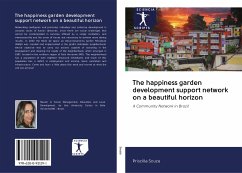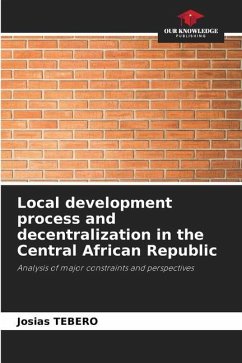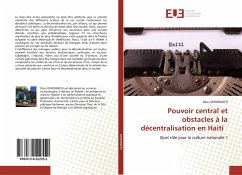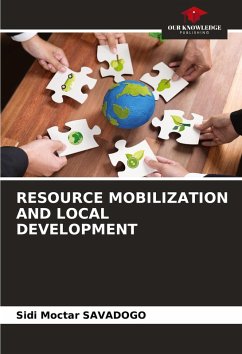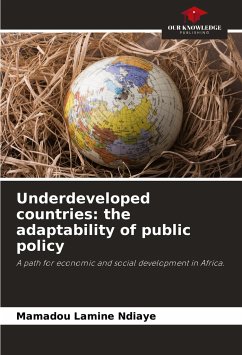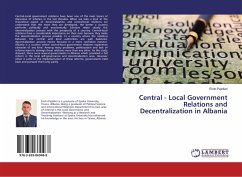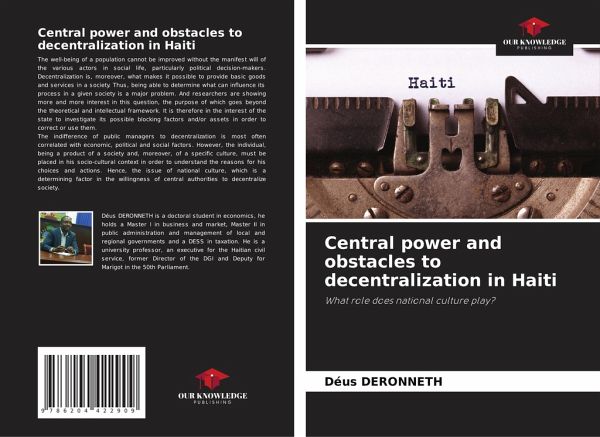
Central power and obstacles to decentralization in Haiti
What role does national culture play?
Versandkostenfrei!
Versandfertig in 6-10 Tagen
36,99 €
inkl. MwSt.

PAYBACK Punkte
18 °P sammeln!
The well-being of a population cannot be improved without the manifest will of the various actors in social life, particularly political decision-makers. Decentralization is, moreover, what makes it possible to provide basic goods and services in a society. Thus, being able to determine what can influence its process in a given society is a major problem. And researchers are showing more and more interest in this question, the purpose of which goes beyond the theoretical and intellectual framework. It is therefore in the interest of the state to investigate its possible blocking factors and/or...
The well-being of a population cannot be improved without the manifest will of the various actors in social life, particularly political decision-makers. Decentralization is, moreover, what makes it possible to provide basic goods and services in a society. Thus, being able to determine what can influence its process in a given society is a major problem. And researchers are showing more and more interest in this question, the purpose of which goes beyond the theoretical and intellectual framework. It is therefore in the interest of the state to investigate its possible blocking factors and/or assets in order to correct or use them.The indifference of public managers to decentralization is most often correlated with economic, political and social factors. However, the individual, being a product of a society and, moreover, of a specific culture, must be placed in his socio-cultural context in order to understand the reasons for his choices and actions. Hence, the issue of national culture, which is a determining factor in the willingness of central authorities to decentralize society.



